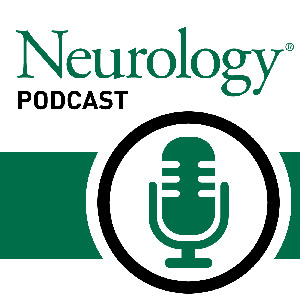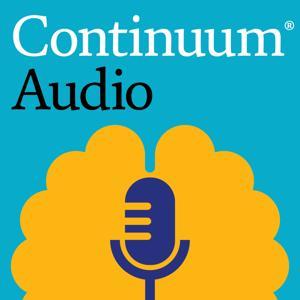Send comments and feedback
Dr. Ashok Pillai is a professor of neurosurgery and neuroscience associated with Amrita Institute of Medical Sciences, Kochi, India. He underwent epilepsy surgery after a diagnosis of epilepsy in his mid-30s.
Dr. Pillai received his undergraduate degree and medical training in the United States before returning to Kochi in 1999. He experienced ecstatic seizures for nearly a decade before he was diagnosed. His personal experience with epilepsy and epilepsy surgery led him to train as an epilepsy surgeon, whereas previously he had focused on surgical neuro-oncology. The Amrita Advanced Centre for Epilepsy, which he heads, has performed more than 1,000 surgical procedures.
Dr. Parthvi Ravat spoke with Dr. Pillai about his experience with epilepsy, how it shaped his career path, and how it informs his clinical decision making.
Sharp Waves episodes are meant for informational purposes only, and not as clinical or medical advice.
Let us know how we're doing: [email protected].
The International League Against Epilepsy is the world's preeminent association of health professionals and scientists, working toward a world where no person's life is limited by epilepsy. Visit us on Facebook, Instagram, and LinkedIn.




































